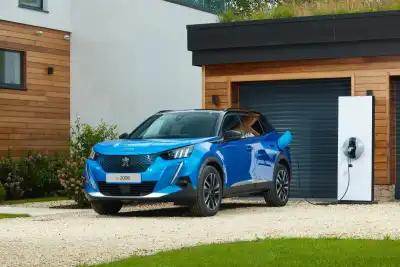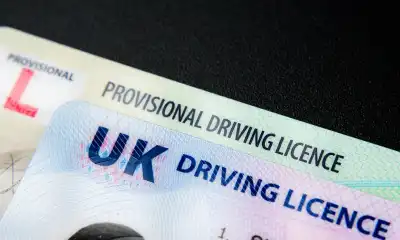
If you pay for your car or home insurance monthly instead of yearly, chances are you're being charged way more than you should. This is happening even though insurers have been told to stop doing it.
The Financial Conduct Authority (FCA), the UK’s financial watchdog, found that some companies are making over 60% profit on what's called premium finance. That’s when the insurer lends you the money to cover a full year’s policy, then you pay it back in monthly instalments, often with a hefty markup.
Between 2018 and 2023, monthly payment markups across different types of insurers and finance providers ranged from 14% to a massive 62%. In 2023, nearly half of all car and home insurance policies in the UK were paid monthly.
Insurers are supposed to charge the same amount whether you pay monthly or yearly, unless there’s a clear and fair reason to charge more. Some argue that people who pay monthly are more likely to claim, but the FCA doesn’t always buy that excuse.
They said the profits being made on monthly plans far exceed the actual cost of offering them. In other words, insurers are using premium finance as a way to make more money, even if their base insurance policies aren’t that profitable.
Still, there are no rules yet to stop them. The FCA isn’t introducing any price caps for now, but pressure is growing.
Hannah Gurga, director general of the Association of British Insurers (ABI), says, "Having the option to pay for insurance in monthly instalments can provide flexibility for those who need to manage their budgets.
"Offering this service does involve costs for insurers, and firms also have to keep cover in place for a period of time if a payment is delayed or missed.
"Our Premium Finance Principles, which we published last year, outline that any charges should be fair, transparent and reflective of the costs that the insurer faces.
"We'll continue to work with our members on this matter and engage with the FCA's review."
What About Rising Car Insurance Prices?
Don’t blame insurers entirely for your premiums going up, at least not this time.
According to the FCA, rising insurance costs aren’t mainly about profit. The real issue is the price of new cars, repair parts, labour, energy and hire car shortages. On top of that, more theft claims and uninsured drivers are pushing up prices too.
There is some good news. In early 2025, average car insurance prices dropped 7% compared to the same time last year, falling from £635 to £539. But they’re still higher than two years ago, when the average policy cost was £478.
Referral fees, where insurers get paid for sending claims to hire car firms or claims companies, are also pushing prices higher and slowing things down for people trying to get their claims sorted.
Claims Still Not Being Handled Well
The FCA also called out some insurers for poor claim handling, especially in home and travel insurance. Less than a third of storm damage claims resulted in a payout, and some insurers don’t even track their performance properly.
Sarah Pritchard, deputy CEO of the FCA, summed it up well: "Insurance provides peace of mind but people must be confident they can get a fair deal and be treated right when the worst happens."




